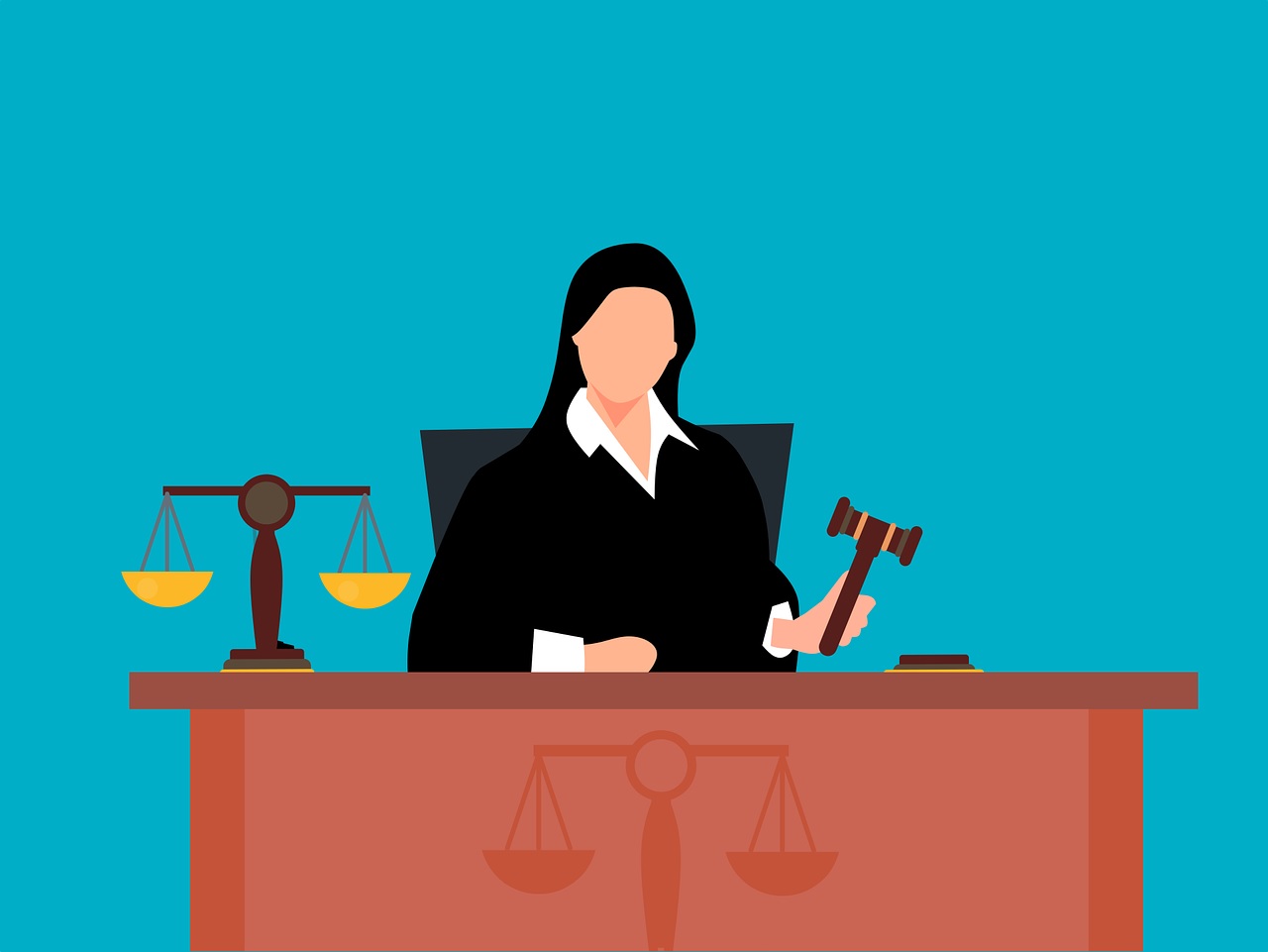Criminal Appeals Lawyer
Looking for a criminal appeals lawyer in Beaumont, California? If you or someone you know has been convicted of a crime and believes there were errors in the legal process, it may be time to seek the assistance of an appellate defense counsel. With their conviction appeal legal expertise, they can guide you through the complex criminal appeal process and explore post-conviction remedies. In this article, we will delve into the criminal appeal process, the importance of a criminal appeals lawyer, and the significance of reviewing court decisions.
When facing a conviction for a crime, it is crucial to understand that the trial is not the end of the legal process. Even after a guilty verdict has been reached, individuals have the right to challenge the decision through the criminal appeal process. This is where a criminal appeals lawyer comes in.
An appellate defense counsel specializes in handling appeals and is well-versed in the intricacies of the criminal appeal process. They have the knowledge and expertise to review court decisions, identify potential errors or constitutional violations, and present persuasive arguments to the higher courts. Their primary goal is to seek justice for their clients by overturning wrongful convictions or securing reduced sentences.
The Criminal Appeal Process
The criminal appeal process is a complex and multifaceted legal procedure that allows individuals convicted of a crime to challenge their conviction or sentence. It involves several stages and requires a thorough understanding of the law, as well as persuasive legal arguments.
1. Filing the Notice of Appeal
The first step in the criminal appeal process is filing a notice of appeal. This document notifies the court and the prosecution that the convicted individual intends to appeal the decision. It is crucial to file this notice within the specified timeframe, as failing to do so may result in the forfeiture of the right to appeal.
2. Record Review
Once the notice of appeal has been filed, the appellate defense counsel will review the trial record. This includes all documents, transcripts, and evidence presented during the trial. The purpose of this review is to identify potential errors or constitutional violations that could form the basis for an appeal.
3. Brief Writing and Oral Arguments
After reviewing the trial record, the criminal appeals lawyer will prepare a written brief outlining the legal arguments and supporting case law. This brief is submitted to the appellate court and serves as the basis for the appeal. In some cases, the lawyer may also have the opportunity to present oral arguments before the appellate court to further support their case.
4. Appellate Court Decision
Once the briefs and oral arguments have been presented, the appellate court will review the case and make a decision. They may affirm the conviction and sentence, reverse the decision and order a new trial, or modify the sentence. The appellate court’s decision is typically final, although there may be further avenues for appeal in certain circumstances.
Post-Conviction Remedies
In addition to the criminal appeal process, there are other post-conviction remedies that individuals can explore with the help of a criminal appeals lawyer. These remedies aim to correct errors or injustices that may have occurred during the trial or sentencing. Some common post-conviction remedies include:
- 1. Habeas Corpus Petitions: A habeas corpus petition allows individuals to challenge their detention or imprisonment on the grounds that their constitutional rights have been violated.
- 2. Motion for a New Trial: If new evidence emerges or there is evidence of misconduct during the trial, a motion for a new trial can be filed to request a retrial.
- 3. Clemency or Pardon: In certain cases, individuals may seek clemency or a pardon from the governor or the president, respectively, to commute their sentence or have it completely forgiven.
These post-conviction remedies provide additional opportunities for individuals to challenge their conviction or sentence and seek justice.
Reviewing Court Decisions
Reviewing court decisions is a crucial aspect of the criminal appeal process. It involves carefully examining the trial record, identifying potential errors or constitutional violations, and presenting persuasive arguments to the higher courts. A criminal appeals lawyer possesses the necessary expertise to review court decisions and determine the best course of action for their clients.
By thoroughly reviewing court decisions, a criminal appeals lawyer can identify issues such as ineffective assistance of counsel, improper jury instructions, evidentiary errors, or constitutional violations. These issues can form the basis for a successful appeal and potentially lead to the reversal of a conviction or the reduction of a sentence.
Criminal Appeals Lawyer Near Me
If you or someone you know has been convicted of a crime in Beaumont, California, and believes there were errors in the legal process, it is crucial to seek the expertise of a criminal appeals lawyer. With their knowledge of the criminal appeal process, conviction appeal legal expertise, and ability to review court decisions, they can provide the guidance and representation needed to navigate the complex world of criminal appeals. Remember, the criminal appeal process and post-conviction remedies offer opportunities to challenge wrongful convictions and seek justice.

